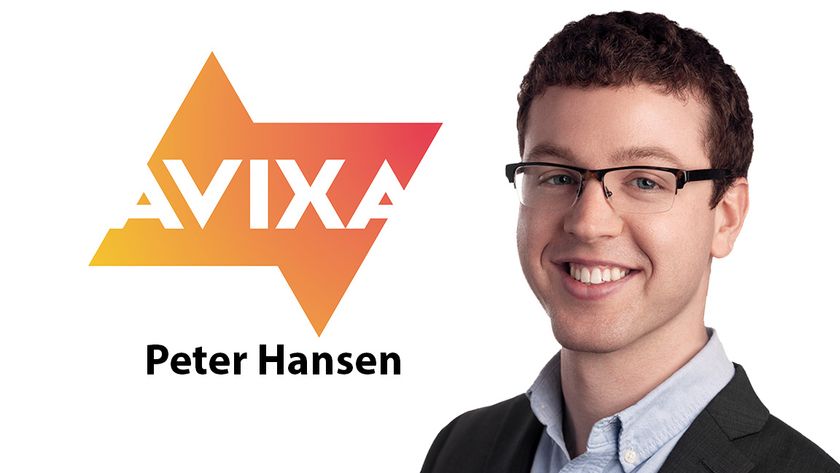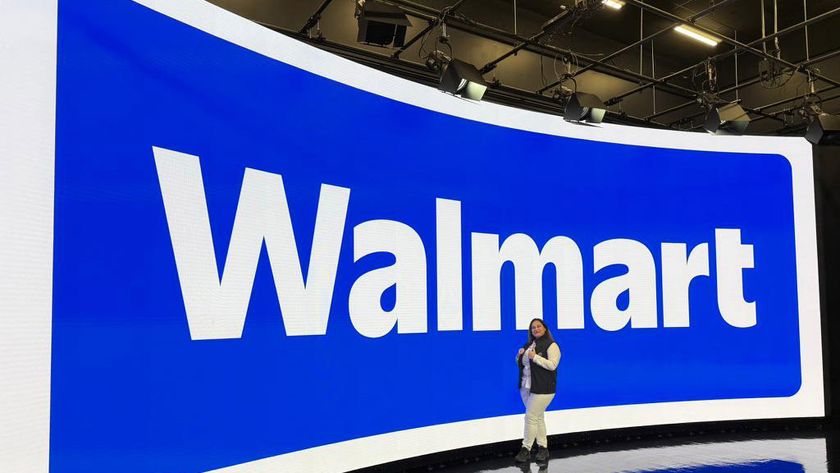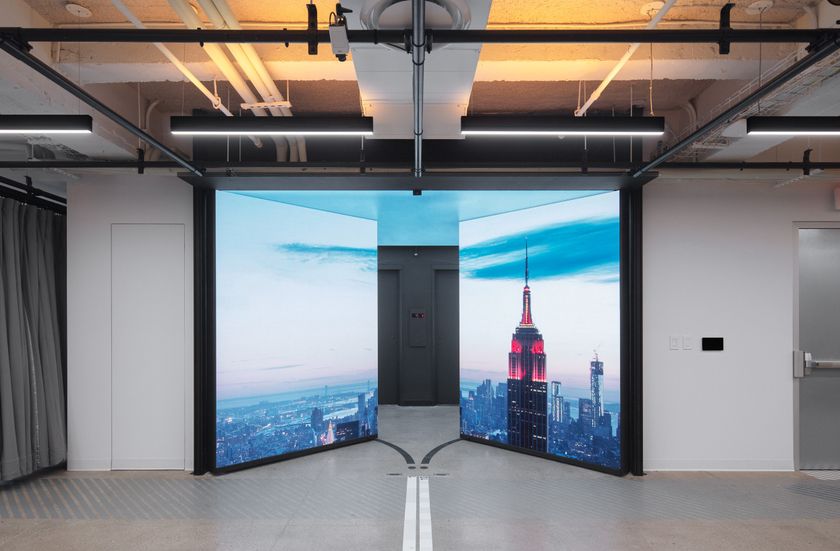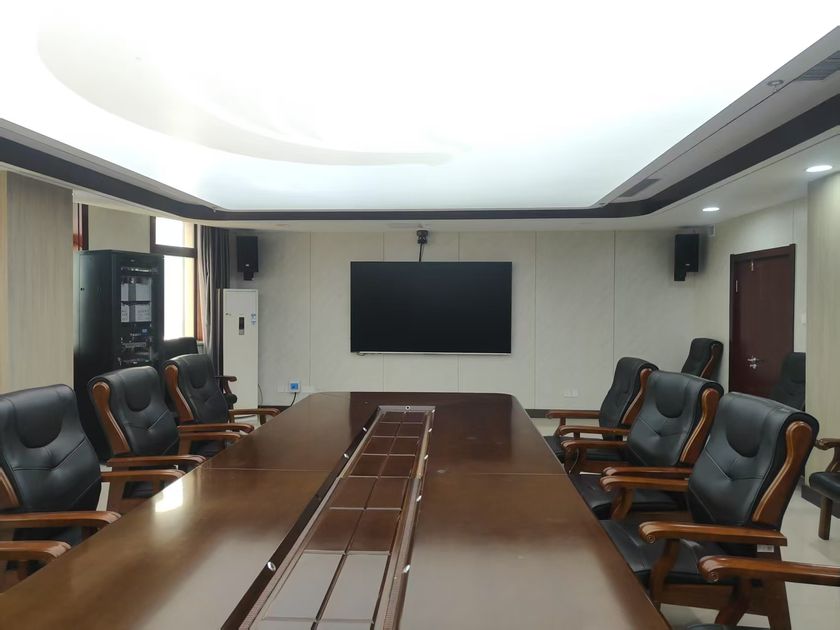What the Younger Generation Needs Out of You … So You Can Get What You Want Out of Them
What’s the matter with kids today? Not much more than there ever has been, especially if one tries to understand them. For employers who want to keep their companies going and growing, understanding what the Millennial Generation wants out of their professional lives is not only good for business, it’s necessary. What’s more, catering to the needs of young professionals doesn’t require much of an effort, provided that you are willing to help them develop their skills.
“First and foremost, Millennials really want the opportunity to learn, develop, and grow within an organization,” said Seth Mattison, a Minneapolis, MN-based millennial keynoter at the consulting and speaking firm BridgeWorks. “They want access to great mentors, great coaches, great training, and they want to be able to develop their skills.”
Himself a member of Gen Y, Mattison noted that one defining element of Millennials is that they want to do work that means something. But hasn’t every generation wished for the same? “Yes, that’s true, but this generation is coming in day one, demanding it,” he said. “This is a key factor for them. If they are not connected to the meaning, they will leave.” This is all well and good, but for managers, it can be challenging: What if they simply need someone who can pull cable, or answer the phone?
For Mattison, it’s a matter of connecting the dots and framing how each individual’s role in a company ultimately contributes to its failure or success. “You have to explain and communicate how those entry-level jobs are making a difference, not only for the success of the project and the end users, but the success of the organization as a whole.” He advises managers and leaders to take the time to explain the following: Here is why what we do means something. Here is what it will mean for both the client and the company if this project is completed in a quality fashion, on time, and under budget. This, in turn, helps the company to meet its goals, which allows everyone to continue moving forward.
Diane Thielfoldt, co-founder of The Learning Café, a training firm focused on helping organizations manage a multigenerational workforce, noted that one issue is the significant gap between Generation X (which, in many cases, has moved into a leadership role), and Generation Y. “We oftentimes describe Gen X-ers as the absentee leaders in the workplace,” she said. “They are really the generation that saw the workplace become flexible: They can do things on their own schedule, and they know it’s not necessary that somebody be at their desk or in the office in order to be successful.” This creates a disconnect for Millennials who are seeking more guidance: “What appears to be the appropriate amount of communication and feedback for Gen X-ers is actually not enough for Millennials. They are looking for more structure and help in, for example, launching a product, getting things started, checking in, and making sure that they are on the right track.”
But how do organizations strike the balance between addressing the needs of Gen Y, and over-accommodating them? Mattison counsels managers to ask themselves these questions: Is there a business case for it? Is there a return on investment if we take the time to acknowledge—and act upon—the needs and desires of our younger professionals? “We have to ask ourselves: Is what they are asking for really that expensive, or that outrageous? What are they really asking for, and how much does that really cost you?” he said.
Mark S. Valenti, president and CEO at The Sextant Group, a technology consulting firm headquartered in Pittsburgh, PA, argued that in most cases, it doesn’t cost companies much at all. He employs several Millennials in his drawing department, and has observed that what they want out of their careers isn’t much different than what their elders set out to achieve: meaningful work and a decent living that allows them to raise a family. Perhaps the only difference is that these days, young professionals expect their work environment to incorporate a bit of fun.
Mattison, whose speaking engagements have helped him establish a familiarity with the systems contracting business, criticizes the industry for not doing a better job of marketing itself to potential talent. “There are a huge number of able-bodied young people out there, they just don’t know about this industry,” he said. “We have to do a better job of telling the story of what this industry does, and making the experience of what it’s like to work in this industry come to life.”
How can systems contractors do this, considering that they are competing with the Ciscos of the world, which are capable of offering six-digit salaries right off the bat? Mattison, whose clients include Millennial professionals at Cisco, put it this way: “Guess what? After two years, they are so burnt out, and so absolutely smashed into the ground, that they will trade in that $100,000 job for a $50,000 or $60,000 job where they can make a difference, be tied to the meaning, and do something great in a heartbeat.”
Carolyn Heinze is a freelance writer/ editor.
The Parent Trap
Largely products of the eighties, Millennials are often only children. And, there’s a big chance that they were involved in a number of extracurricular activities growing up.
“This generation has grown up with more mentors and more coaches around them from the time they were four years old to the time they are coming into the workplace,” said Seth Mattison, millennial keynoter at BridgeWorks. This has resulted in a relatively new phenomenon: Millennials see their bosses as extensions of their parents. “Some bosses say, ‘They’re here to work—I’m not here to be their parent.’ My response is: We really like our parents. We are great friends with our parents. That can be a great thing in the workplace.” After all, he said, there is great opportunity to develop engagement and build connections with a generation group that is likely to be very comfortable talking with you.











